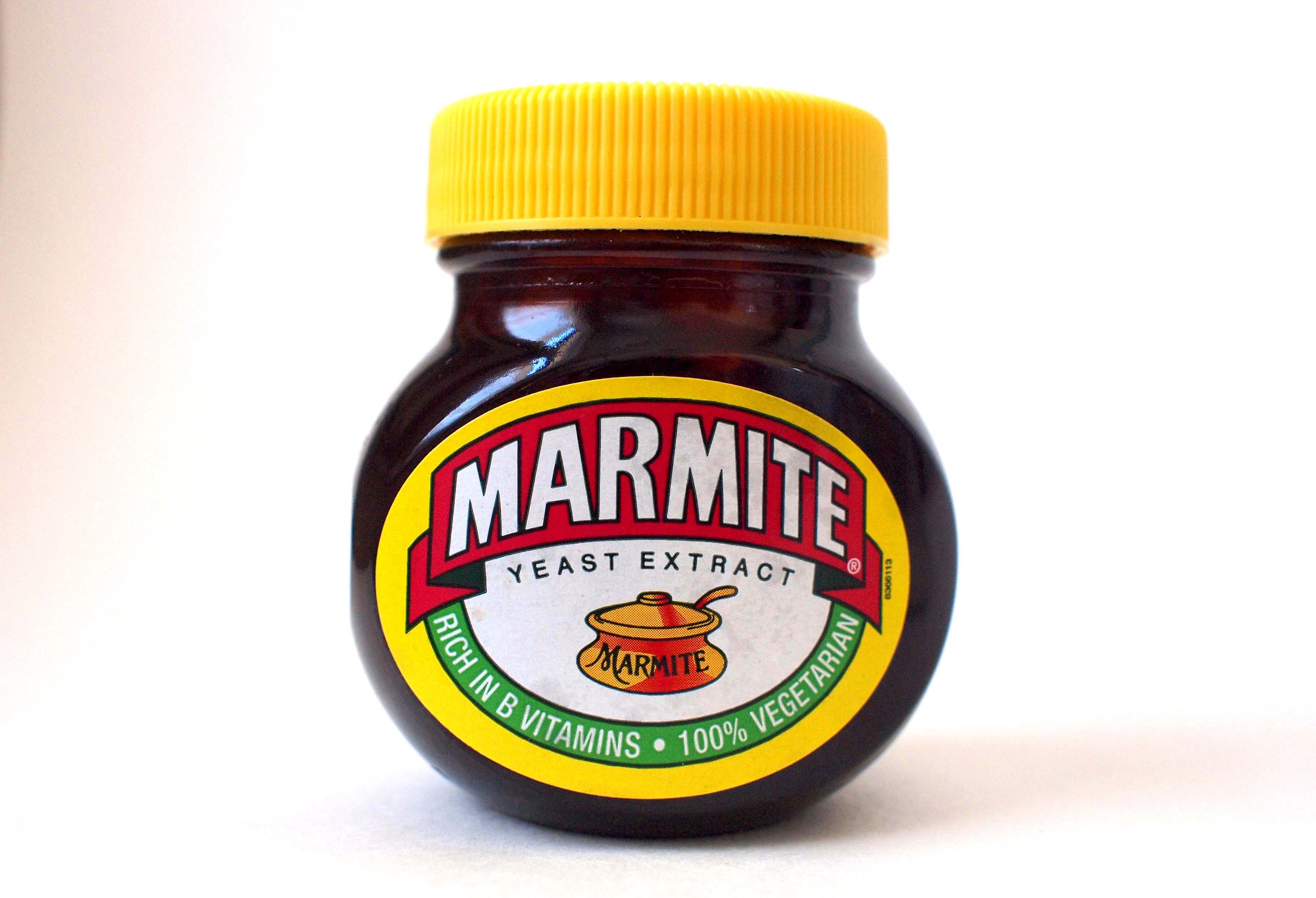It’s a Creative Zen Stone that I got as a Christmas gift in 2008. I just found it in a drawer, and it’s still holding charge. The last thing I put on it was The Life And Times Of Scrooge by Tuomas Holopainen, in 2015 – I don’t know why, at that time I definitely had a smartphone.
It has a headphone jack, which immediately makes it better than every smartphone produced in the last several years, and it can easily drive my 80-ohm Beyerdynamic. The audio quality is as good as one can expect. The only drawback is that it only holds 1GB… my old CD rips had to be compressed to hell and back.
Let me reiterate that this has been sitting untouched for a decade and was immediately ready for action. No login, no annoying software updates, expired subscription, or remote bricking by the manufacturer. Eat my shorts, Spotify Car Thing.
P.s. A Lifetime Of Adventure is a banger. https://www.youtube.com/watch?v=JWwSVOo5K_k


Controversial opinion: while enshittification does exist (from ‘value engineering’ or feature regression) because the profit motive, this imo is more a case of the userbase getting what they ask for. Normies who aren’t super tech literate and know how to navigate a PC, weren’t buying early mp3 players like iRivers, because it wasn’t accessible. You had to:
Until the iPod hit the scene, nobody had solved #2 (iTunes store), #3 (iTunes), and #4 (Apple marketing) at the same time. #1 was a timing issue, as digitization increased and home PC prices dropped the userbase wasn’t as large yet. The devices downgraded because the broader userbase doesn’t ask/use the extra features, they want convenience and to not have to think. And as they are the demand segment for industry, so goes the product - dumb it down and mass market it.
I feel like my opinion is more controversial. I knew how to do all those things. I helped orchestrate a gigantic CD rip and swap using “lab” work computer equipment at a time when hard drive space was very expensive. I knew how to download files before Napster. When subscription music arrived and then the family plan followed, I subscribed and deleted everything. If I didn’t like new music but just relied on a catalog of older music maybe I wouldn’t have gone that route—but even then I think my kids would have wanted access to new music.
Honestly, I like subscription music—I listen to hundreds of new songs every month. I love wireless headphones for exercise. I don’t care about the lack of headphone jack. To me it isn’t enshittification, it is a wonderful product suite that I much prefer to the one I used to use.
I’d much rather own it and the storage requirements (‘till HDD death do we part), than rely on a web of licensing and exclusivity arrangements between streaming platforms and labels, which can - and have - been capriciously revoked in a moment. That’s also assuming the service offers the kind of music you like, or has good fidelity. And there’s platform agnostic issues like data connection - when we head up into the mountains I still have my files to play, but my wife is fully dependent upon Spotify and good cell signal.
And there’s your radically different use case. I value having my music collection and archive, I follow artists throughout their career, and seek out entire albums vs individual tracks. Someone who may not care so deeply or develops a different relationship with music based on playlists or radio hits won’t value the archival aspect as much, because music’s value is temporal.